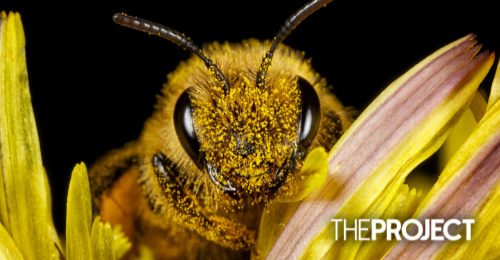Human life depends on bees for their pollination, so our plants and food can grow. As such, conservationists worldwide are continually fighting for our insect friends, with the state of California recently making significant strides in doing so by classifying them as fish under the Endangered Species Act.
That's right, bees are now fish, despite not even being able to fly in rain!
Defenders of Wildlife's Pamela Flick said, "It is a great day for California's bumble bees. Today's decision confirms that California Endangered Species Act (ESA) protections apply to all of our state's imperilled native species and is critical to protecting our state's renowned biodiversity,"
"Bees and other pollinators are integral to healthy ecosystems, and the crucial pollination services they provide serve all of us, making this decision exponentially more consequential."
West Coast Director at Center for Food Safety, Rebecca Spector said "With one out of every three bites of food we eat coming from a crop pollinated by bees, this court decision is critical to protecting our food supply,"
"The decision clarifies that insects such as bees qualify for protections under CESA, which are necessary to ensure that populations of endangered species can survive and thrive."
Are you still confused how bees can be fish? Green Matters tells us that agricultural groups found that bees were being protected by the ESA by being classified as "fish." Under California's ESA, per the press release, endangered species can be birds, mammals, fish, amphibians, reptiles, or plants, leaving out other types of threatened species like insects.
But since the definition of fish includes wild fish, mollusks, crustaceans, invertebrates, and amphibians, bees are taking on the classification of invertebrates.
"A fish, as the term is commonly understood in everyday parlance, of course, lives in aquatic environments," the ruling stated.
Based on this ruling, fish don't need to only include marine animals, and the classification can also include other insects. Because pesticides are wiping out so many types of insects, this could ultimately be monumental for many kinds of pollinators and bugs alike. The bees in question included four native bees that conservationists have been petitioning to protect since 2018.
"With one out of every three bites of food we eat coming from a crop pollinated by bees, this court decision is critical to protecting our food supply," Rebecca Spector, West Coast Director at Center for Food Safety, stated in the press release. "The decision clarifies that insects such as bees qualify for protections under CESA, which are necessary to ensure that populations of endangered species can survive and thrive."





























